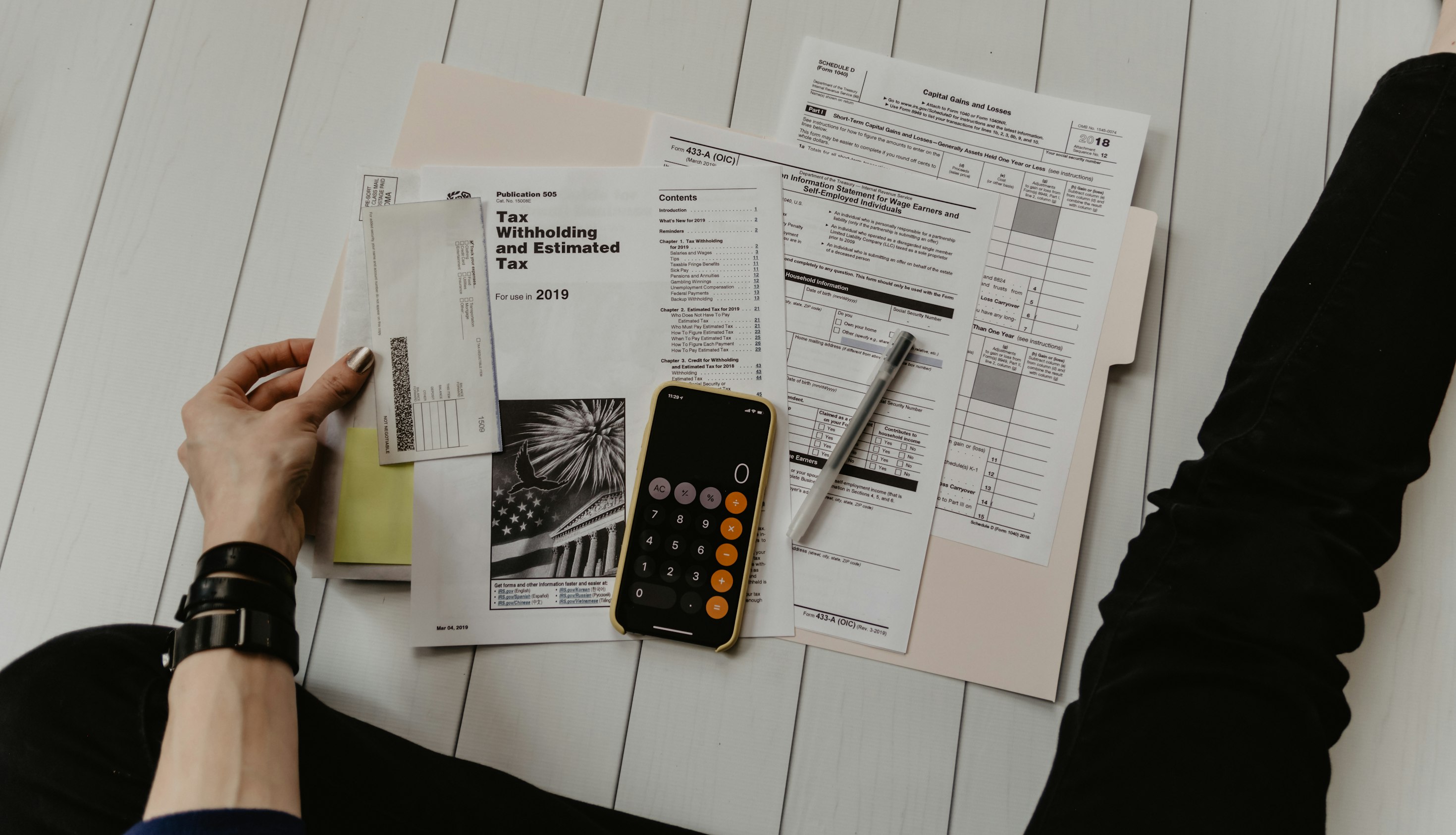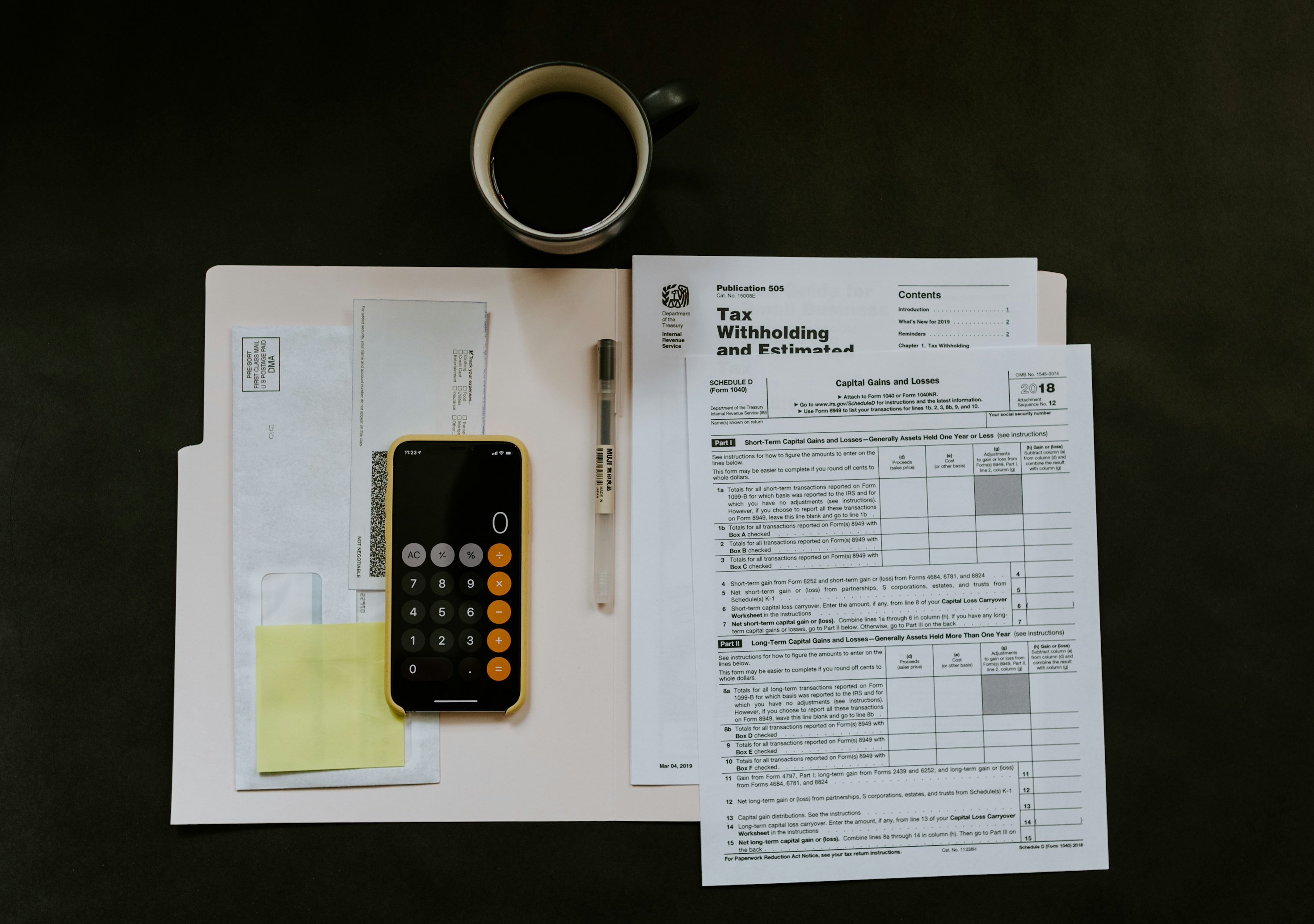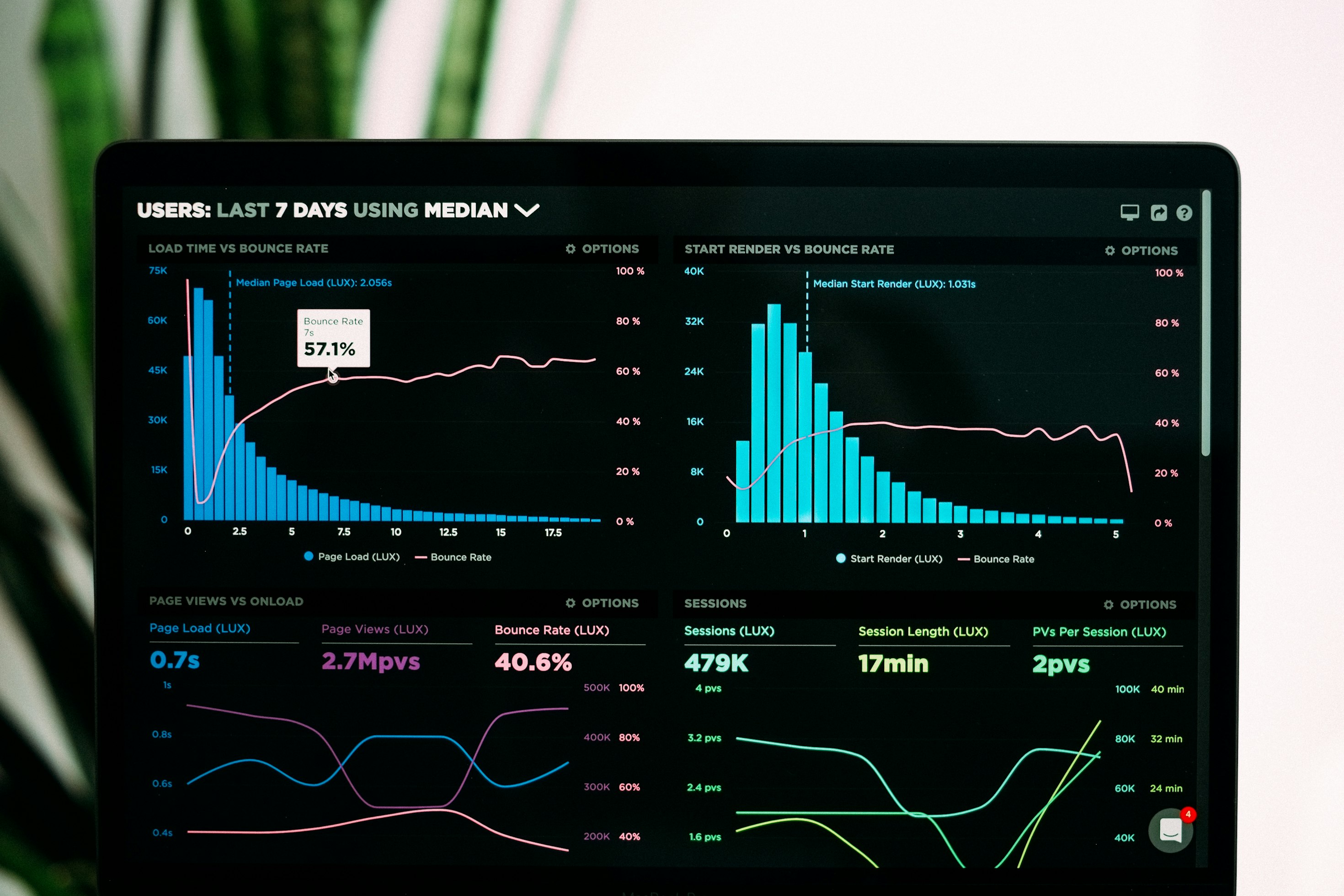Property Guides
Expert advice for buying, selling, renting, and letting

Home Buying Guide
Everything you need to know about buying a property in the UK, from finding your dream home to completing the purchase.

Home Selling Guide
Complete guide to selling your property, from preparation and valuation to completion and moving out.

Home Renting Guide
Comprehensive guide for tenants covering finding rental properties, understanding tenancy agreements, and your rights.

Letting Guide
Essential information for landlords on letting property, managing tenants, and understanding your legal obligations.

Phil Spencer's Selling Tips
Expert property selling advice from Phil Spencer covering preparation, estate agents, viewings, and negotiations.

Remortgaging Guide
Expert advice on switching mortgages and saving money on your mortgage repayments.

Life Insurance Guide
Comprehensive advice on life insurance and mortgage protection for homeowners and buyers.

Property Valuation Guide
Expert guidance on property valuation methods and techniques for accurate property assessment.

Home Buyer Valuation Guide
Learn how to value properties before buying with practical examples and calculations.

Home Seller Valuation Guide
Expert guidance on valuing your property before selling with pricing strategies.

House Prices Indices Guide
Understanding UK house price data and measurement methods from major indices.

Rental Prices Indices Guide
Understanding UK rental market data and price measurement from major rental indices.
Popular Topics
Quick access to our most popular property guides and resources
House Prices
View house price data and trends across the UK
Mortgages
Get mortgage advice and compare deals
Selling Your Home
Tips and advice for selling your property
Find An Agent
Search for estate and letting agents
Mortgage Calculator
Calculate your monthly mortgage payments
Property News
Latest news and insights from the property market
Need More Help?
Can't find what you're looking for? Our team is here to help answer your property questions.
Contact Us